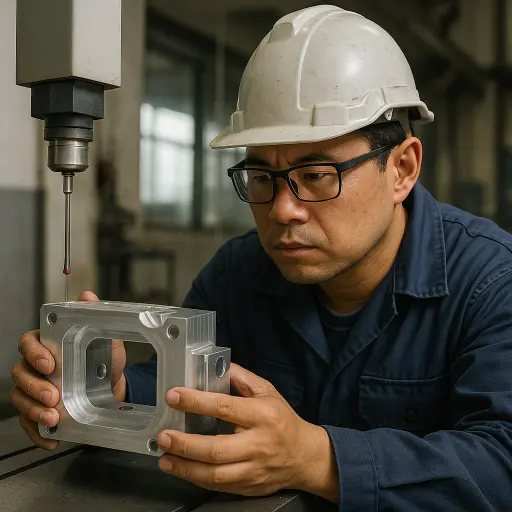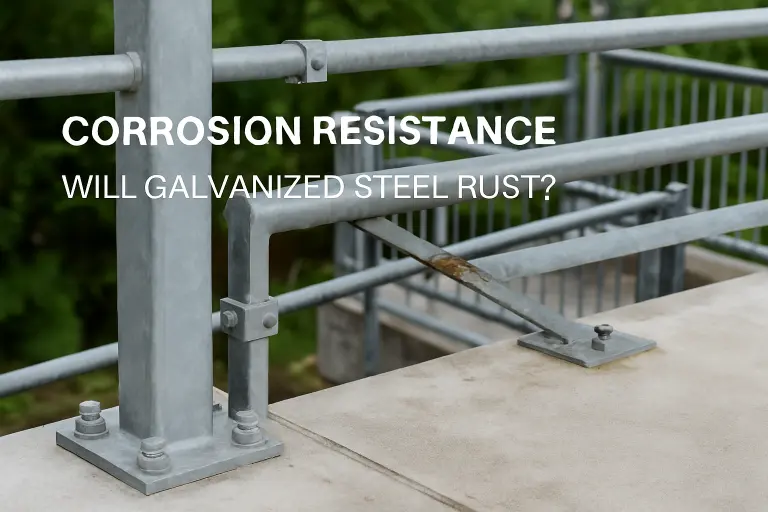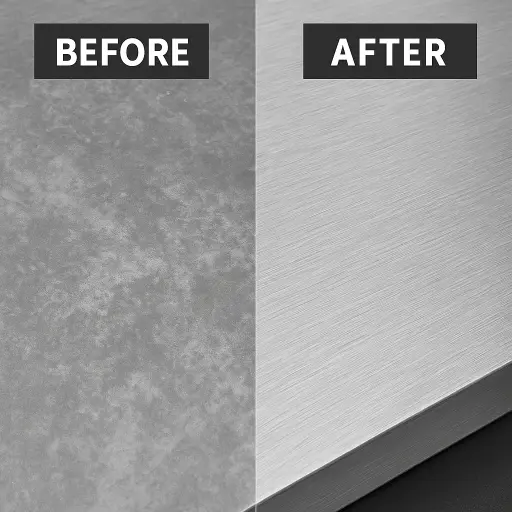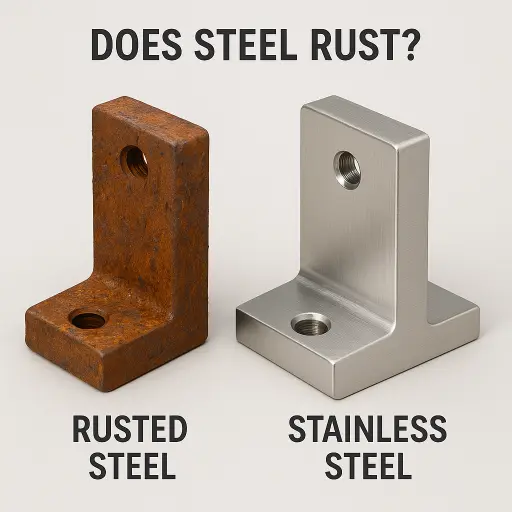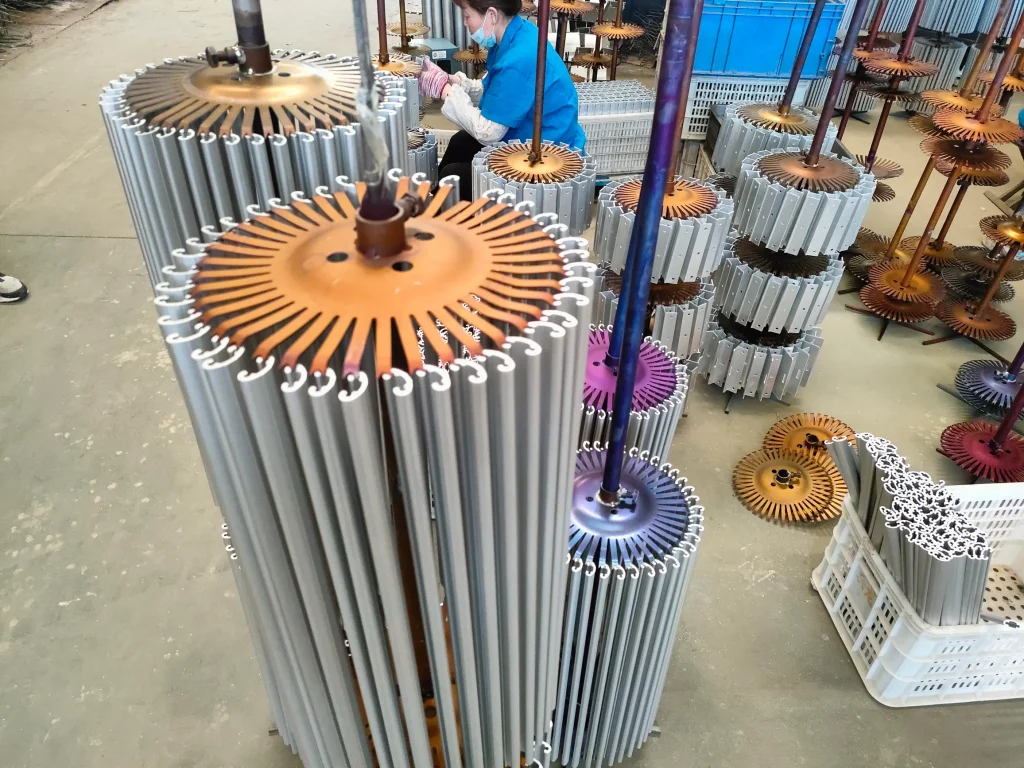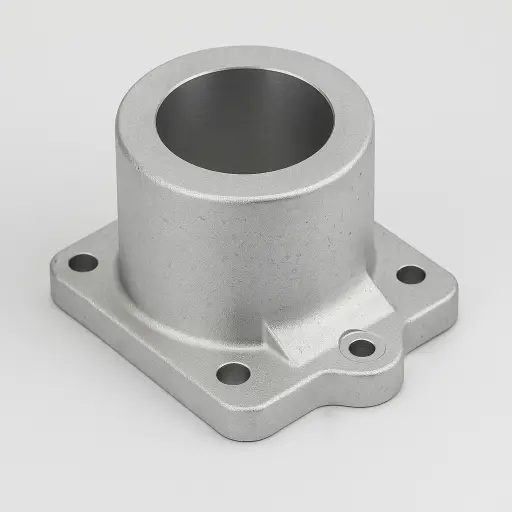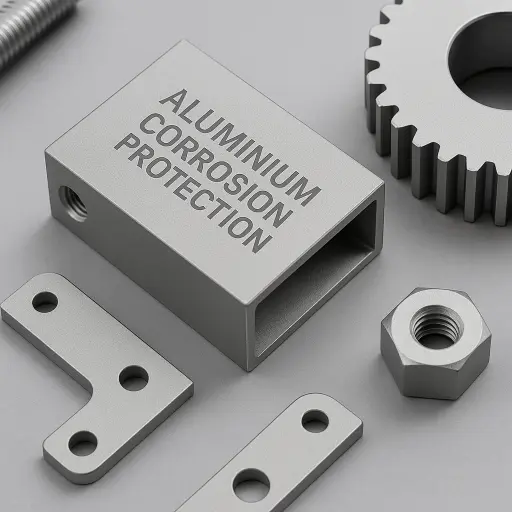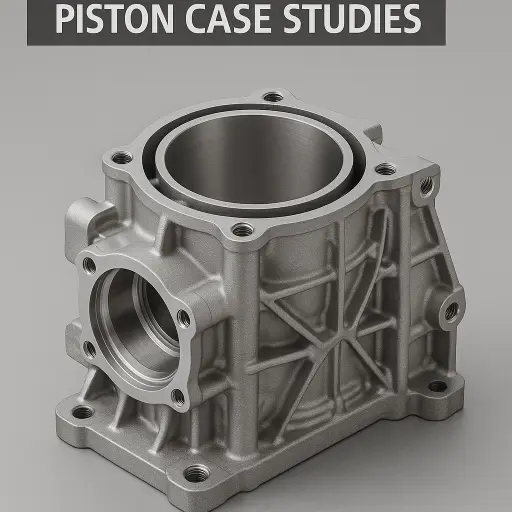High-Precision Aluminum Machining Parts | Custom CNC Solutions by Welleshaft Welleshaft delivers high-precision CNC Machined Aluminum Parts customized for your application. From lightweight aerospace components to tough automotive parts and precision medical devices, our aluminum machining services ensure consistent accuracy, repeatability, and quality you can count on. What Is an Aluminum Machining Part? An aluminum machining part refers to a component fabricated from aluminum alloys using CNC (Computer Numerical Control) machining processes such as milling, turning, drilling, or tapping. These parts begin as solid aluminum blocks (billets or extrusions) and are machined down with high-precision tools. Why Choose CNC Aluminum Machining? Benefits of Aluminum for Machined Parts Lightweight & Durable Aluminum has […]
カテゴリーアーカイブ: Study cases and knowledge
Discover industriy trends, case studies, how-to guides, manufacturing processes and FAQs on Welleshaft’s Knowledge Hub—expert insights for engineers and sourcing professionals.
Welleshaft’s Study Cases and Knowledge page addresses key sourcing challenges, quality control hurdles, and real manufacturing pain points—helping buyers make smarter, faster decisions.
Will Galvanized Steel Rust? A Practical Guide to Corrosion Resistance for Industrial Applications What Is Galvanized Steel? Galvanized steel refers to carbon steel that has been coated with a protective layer of zinc—most commonly through a hot-dip galvanizing process. This zinc coating acts as a barrier against corrosion and also provides cathodic protection, sacrificing itself to protect the underlying steel when scratched or exposed. Is galvanized steel corrosion resistant? Yes, significantly more than untreated steel. Is galvanized steel rust proof? No, it can rust under certain conditions. Why Do Engineers and Buyers Still Encounter Galvanized Steel Rust? Galvanized steel is widely used in construction, agriculture, automotive, and marine industries due […]
Corrosion Resistance Solutions: Will Aluminum Rust? | Welleshaft Case Study When it comes to the durability of aluminum components, one question often surfaces: Will aluminum rust? At Welleshaft, we not only answer these critical questions but also deliver practical, field-tested solutions. If your project demands exceptional corrosion resistance, our expert team is here to provide custom manufacturing and technical support tailored to your needs. Understanding Aluminum Corrosion: Does Aluminum Rust? Unlike steel, aluminum does not rust because it contains no iron — thus, no iron oxide (“rust”) forms. However, aluminum can corrode, particularly in harsh environments such as marine, industrial, or chemically aggressive areas. What does aluminum corrosion look like? […]
Step-by-Step Guide: How to Clean Aluminum Oxidation Aluminum is prized for its lightweight strength and natural corrosion resistance. However, aluminum corroded surfaces can still develop oxidation over time, leading to unsightly tarnish and potential damage. This guide will walk you through how to clean aluminum oxidation effectively, providing actionable steps for engineers, sourcing managers, and business owners looking to maintain or restore aluminum parts. Table of Contents Understanding Aluminum Oxidation Tools and Materials You Need Step-by-Step: How to Clean Aluminum Oxidation Step 1: Inspect and Prepare the Surface Step 2: Choose the Right Cleaning Solution Step 3: Apply and Scrub Gently Step 4: Rinse and Neutralize Step 5: Polish and […]
Does Steel Rust? | Understanding Corrosion Resistance for Metal Components When selecting materials for mechanical components, the question “Does Steel Rust?” is a common concern for engineers, buyers, business owners, and product managers. In this Corrosion Resistance Guide for Metal Components, we’ll offer clear answers on the causes, mechanisms, and effective solutions for rust and corrosion issues. What Is Rust and Why Does Steel Rust? Short Answer: Yes, steel does rust. Steel is primarily made of iron (Fe). In the presence of moisture and oxygen, iron undergoes an oxidation reaction that forms iron oxide—commonly known as rust. Basic Rust Reaction: Fe + O₂ + H₂O → Fe₂O₃·xH₂O (Rust) Even corrosion-resistant […]
Aluminum Protective Coating Guide | Reliable Surface Protection Solutions for Corrosion Resistance Aluminum is widely used across industries for its strength-to-weight ratio, durability, and machinability. However, it is susceptible to corrosion, especially in environments with moisture, salt spray, or industrial chemicals. Applying the right aluminium protective coating is crucial for ensuring long-term performance and extending product life, as outlined in this Aluminum Protective Coating Guide. This Aluminium Protective Coating Guide is designed for procurement professionals, process engineers, traders, and business owners looking for effective ways to protect aluminum surfaces from corrosion. Whether you’re sourcing components, overseeing manufacturing, or maintaining product performance, this guide provides practical steps to help you choose […]
Addressing Aluminium Pitting Corrosion: A Case Study by Welleshaft Aluminum is widely used across industries due to its lightweight, durable, and corrosion-resistant properties. However, aluminum components are not immune to corrosion, especially in aggressive environments. One of the most common and destructive forms of corrosion is aluminium pitting corrosion. Solving aluminium pitting corrosion is essential, as this type of localized corrosion can significantly impact the structural integrity and aesthetic appeal of aluminum parts, posing serious risks if left unaddressed. In this case study, we will explore how Welleshaft overcame the challenges posed by aluminium pitting corrosion. The article provides a detailed analysis of the issue, the methods implemented to resolve […]
Aluminum Corrosion Protection: Essential Strategies to Enhance Aluminum Lifespan and Performance Aluminum is a lightweight, durable, and corrosion-resistant material widely used across industries such as construction, transportation, and aerospace. However, despite its inherent resistance to corrosion, aluminum can still suffer from corrosion in certain environments, particularly in marine climates, industrial settings, or when exposed to acidic or alkaline conditions. Understanding the types of aluminum corrosion and the role of Aluminium Corrosion Protection is essential for extending the material’s service life and improving product quality. 1. Types of Aluminum Corrosion 1.1 Pitting Corrosion (Aluminum Pitting Corrosion) Pitting corrosion is one of the most common types of corrosion in aluminum. It occurs […]
Aluminium Corrosion Protection: How to Stop Corrosion on Aluminum and Prevent Oxidation Aluminum is valued for its strength, low weight, and durability—but it’s not immune to corrosion. While naturally more resistant than steel, aluminum can still degrade in aggressive environments. This article explores Aluminium Corrosion Protection Solutions to protect aluminum from corrosion, control oxidation, and maintain performance in corrosive conditions. What Is Aluminium Corrosion and Why Does It Happen? Despite its natural oxide layer, aluminum can suffer from surface degradation, especially in marine, industrial, or acidic environments. When exposed to moisture, salt, or certain chemicals, aluminum may become oxidized or pitted, leading to structural or cosmetic issues. Learn more about […]
Aluminum Engine Component Case Studies Key Properties of Aluminum for Engine Applications Lightweight / Low Density: Aluminum Engine Component Case Studies show significant reductions in part and vehicle weight compared to traditional cast iron, leading to better fuel economy and improved handling dynamics. High Thermal Conductivity: Facilitates efficient heat dissipation from the engine, improving thermal efficiency and allowing for higher performance designs. Good Castability: Easily formed into complex shapes using processes like die casting and gravity casting. Good Machinability: Relatively easy to machine to precise tolerances. Good Corrosion Resistance: The naturally forming oxide layer provides inherent protection. High Recyclability: Aligns with sustainability goals. Challenges: Relatively lower high-temperature strength, higher coefficient of thermal expansion, and potential wear […]

